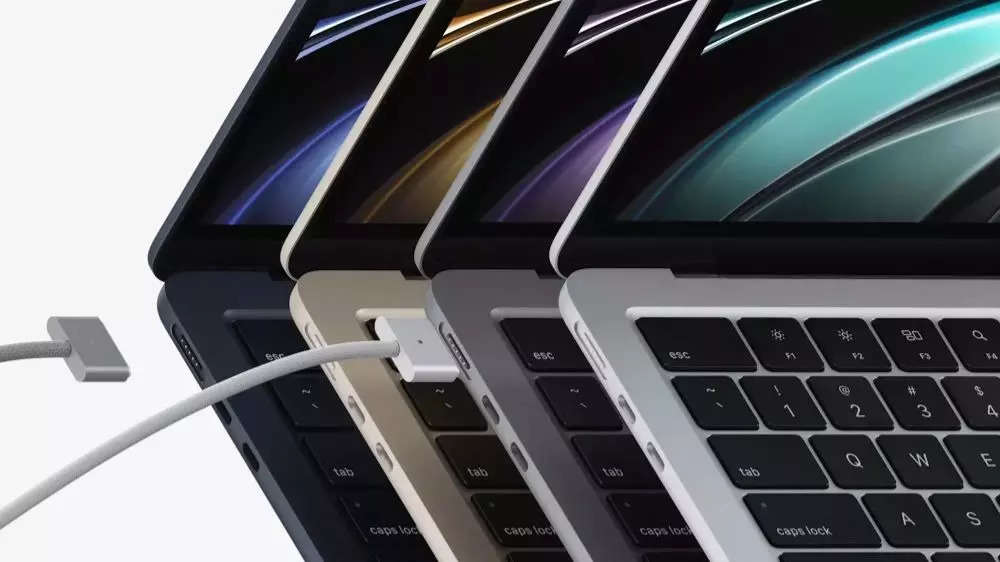For the first time ever, Lockbit ransomware gang targets Macs – Times of India
LockBit, one of the well-known ransomware gangs, is now targeting Macs, suggests a group of security researchers. While the ransomware has profoundly affected Windows, Linux, and virtual host machines, the researchers have found evidence of a Lockbit ransomware build that can compromise macOS devices.
In a series of tweets, MalwareHunterTeam discovered a Lockbit ransomware build for macOS. While the gang has been preying on Macs since last fall, the build has appeared in public for the first time. It also could be the first attack from big gangs on Apple devices.
The researchers discovered a LockBit ransomware build for modern Apple Silicon-powered Macs, named “locker_Apple_M1_64,” which is the first known sample of LockBit ransomware in the wild targeting Apple hardware. In an archive, ransomware builds were found for PowerPC Macs as well. While the initial impression of ransomware may not be a huge concern, the history of LockBit as a group does make this serious.
LockBit gang has traditionally targeted Windows, Linux, and virtual host machines, as those operating systems are widely used by the businesses targeted by the group’s partners. The gang operates a “ransomware-as-a-service” business model, which means the group does not directly extract ransoms from businesses but provides the malware who are willing to pay for it. So, it is possible that we might see a wave of ransomware attacks on Mac users in the coming time.
By the end of 2022, LockBit malware has infected the computer systems of over 1,000 victims and extracted tens of millions of dollars from them.
The public-facing representative of LockBit, known as LockBitSupp, confirmed to Bleeping Computer that they are actively developing the Mac encryptor. The gang has a track record of playing with security researchers and the media. However, if their statement is true, we can likely expect to see more polished versions of the malware in the future.
In a series of tweets, MalwareHunterTeam discovered a Lockbit ransomware build for macOS. While the gang has been preying on Macs since last fall, the build has appeared in public for the first time. It also could be the first attack from big gangs on Apple devices.
The researchers discovered a LockBit ransomware build for modern Apple Silicon-powered Macs, named “locker_Apple_M1_64,” which is the first known sample of LockBit ransomware in the wild targeting Apple hardware. In an archive, ransomware builds were found for PowerPC Macs as well. While the initial impression of ransomware may not be a huge concern, the history of LockBit as a group does make this serious.
LockBit gang has traditionally targeted Windows, Linux, and virtual host machines, as those operating systems are widely used by the businesses targeted by the group’s partners. The gang operates a “ransomware-as-a-service” business model, which means the group does not directly extract ransoms from businesses but provides the malware who are willing to pay for it. So, it is possible that we might see a wave of ransomware attacks on Mac users in the coming time.
By the end of 2022, LockBit malware has infected the computer systems of over 1,000 victims and extracted tens of millions of dollars from them.
The public-facing representative of LockBit, known as LockBitSupp, confirmed to Bleeping Computer that they are actively developing the Mac encryptor. The gang has a track record of playing with security researchers and the media. However, if their statement is true, we can likely expect to see more polished versions of the malware in the future.
For all the latest Technology News Click Here
Denial of responsibility! TechAI is an automatic aggregator around the global media. All the content are available free on Internet. We have just arranged it in one platform for educational purpose only. In each content, the hyperlink to the primary source is specified. All trademarks belong to their rightful owners, all materials to their authors. If you are the owner of the content and do not want us to publish your materials on our website, please contact us by email – [email protected]. The content will be deleted within 24 hours.


